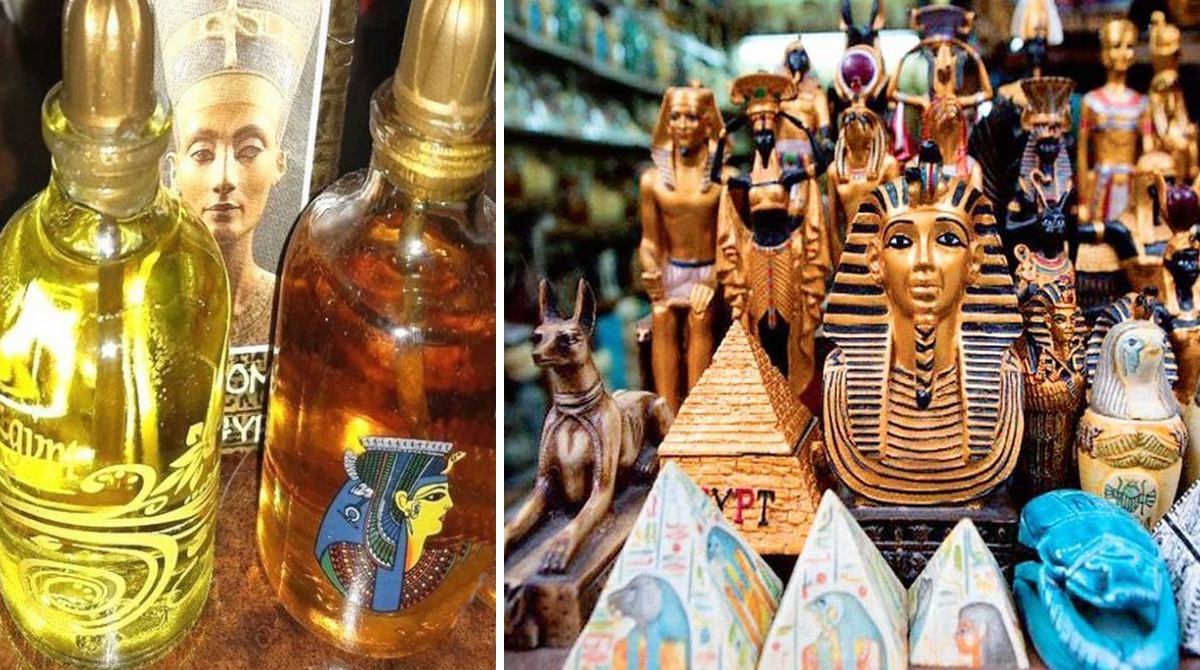Obsessive local merchants “squeeze” money from tourists who visit souvenir shops in resort Egypt in the most possible ways according to the will of the great O. Bender. What tricks do they use for this and how to act so as not to buy an unnecessary product at a high price, an ex-pat living in Sharm el-Sheikh told in her blog.
Let’s list our favorite methods and techniques of selling “Egyptian”. First, attracting attention. Given that there are a lot of the same stalls around, it is not easy to do this, so every Egyptian has his subtleties of communicating with visitors:
- Arrange with a travel agency to become a specialty store. “Tourists on excursions are usually taken to “special” shops with which the management of the tour company has an agreement. Moreover, it is strictly punished to buy only here, because it is the cheapest here or here the prices are fixed, she shared and added that the guides and managers also receive their percentage from the sales made by the tour group.
- Use non-standard signs. This method is used by the Egyptians, who do not have any agreements and survived on their own in conditions of fierce competition. For example, in the resort town of Hurghada, the name of the “Misha ne shot” benches has caught on. “He is “sculpted” by everyone who is not lazy,” the girl assured.
- Show a personal approach to the client. “No one will buy anything from a silent seller. That’s why traders wait on the street and pounce on a defenseless tourist like piranhas on prey,” the blogger warned. The most common are: “Can I have a question/can you take a minute/I’m just asking/just stop by to see,” as well as attempts to get to know each other or learn a name to establish contact. “If a tourist lives nearby and comes here periodically, they will remember him, and next time they will address him by name,” the blogger clarified. Another option is to compliment the tourist and to become a “friend, brother” to the tourist. “Panifraternity (as in “Hey, brothers, how do you live”). Although more often they are addressed neutrally, and sometimes with emphasized respect (dear),” she added. At the same time, it does not matter that the tourist came for a specific product, he can be lured by all the truths and lies into a shop where this product is not even available and convinced to buy what he needs and what is cheap.
“All these tricks are just hell for an introvert, especially when all this is repeated 150 times in one walk. But people are different – some even like this kind of attention,” said the blogger.
Second, to keep the attention and sell. The author compared tourists to fish, and Egyptians to fishermen: “When the fish is on the hook, it remains to competently bring the client to condition. As fishermen say, chop carefully so that it does not break. Therefore, maximum attention will be given to tourists who have agreed to come. If they are with children, they will smile, joke, ask their name, and give them something small.”
At the same time, women will be “dared” with a generous portion of compliments and offered tea, and they can ask for help with the translation of some phrases. “They will unobtrusively (or obsessively – as it turns out) show the product and talk about its exceptional properties or cheapness,” the blogger warned. Also, rapprochement tricks are used: find out where a person is from, how they got there and what impressions they have of Egypt, start a conversation about politics and scold their president, who is the reason for low salaries in the country. “They will dump all their vocabulary and natural magnetism on the announced tourist. In general, a person will be “stroked” (mentally) in every possible way and take time so that he is embarrassed to leave without a purchase,” the author noted.

